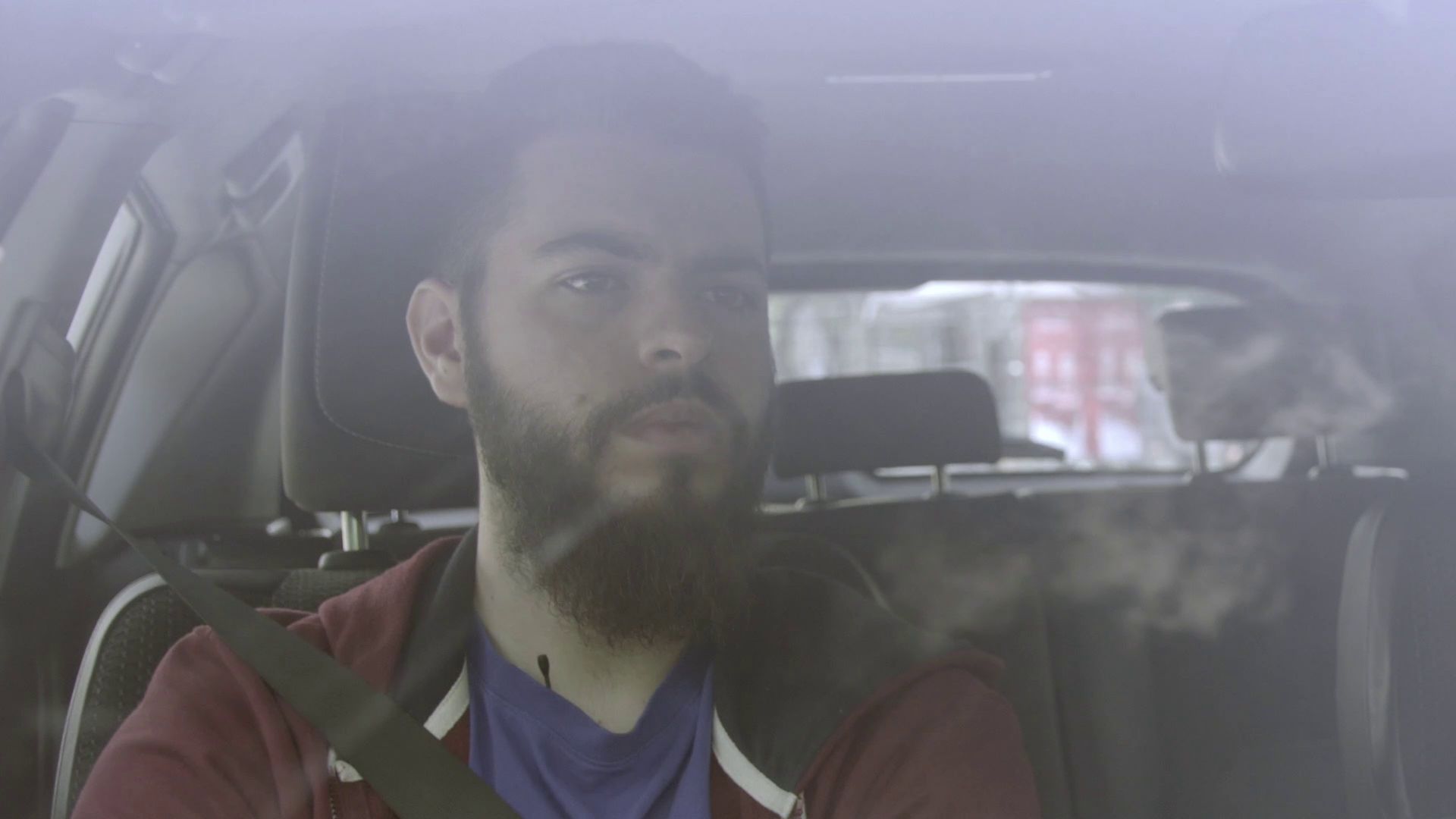MY OWN PERSONAL LEBANON: exploring the fragments of my identity
This essay is in association with our But Where Are You Really From? season celebrating mixed heritage filmmakers and their pursuit to explore identity in their short films.
“Μια ζωή ανάμεσα σε δύο κουλτούρες, τρεις γλώσσες, δύο μισά και κανένα ολόκληρο”
“A life between two cultures, three languages, two halves and no whole”
This phrase encapsulated the feeling I started having a few months after migrating to Scotland. I was born and raised in Athens by a Greek father and Lebanese-Palestinian mother and moved to the UK four years ago to study documentary film.
The first time I was tasked to introduce myself in the UK -and subsequently introduce my cultural background - I had more questions than answers. The feeling of being an outsider had sunk in my psyche. It was a feeling I have been used to having in Greece, a very homogenous country with very strong -and limited- sense of a national identity. But being abroad felt different.
Even though I had a Greek name, spoke the language and had Greek friends, Greece was always a place where I couldn’t fit completely. I used to wear a veil of being “100% Greek” but once I moved abroad, I couldn’t retain it anymore. Every time I would meet Greek people I would feel like a fraud, like someone who is hiding a part of himself to the outside world.
My first months abroad were very difficult. I couldn’t find my footing in the everyday routine. I wondered how did my mother cope immigrating to another country?
That thought underlined the sense that her life was always a mystery to me. The only thing I knew is that she had to flee from Beirut in 1985 during the Lebanese Civil War and start a new life in Greece. How did she adjust as an immigrant to a generally hostile to foreigners country? How did she feel leaving her country behind?
Those questions stayed with me for a long time. I knew there was an urgent calling to explore her story but also a fear of engaging with something so sensitive. Finally, I decided to do a film about my mother’s life. Thus, the film My Own Personal Lebanon came to life.
“I knew that every time we would see the fireworks together, she would be scared. Perhaps I was also scared that with just one question, I would take her back there”
The filming started as a game. My mother was in the driver’s seat and I was sitting next to her.
The idea of a game began as a way to gently approach memories that weren’t shared with me before. I didn’t know how hard or difficult they may have been. That aspect terrified me. What if there was something too sensitive to touch?
There is always a complex power dynamic between interviewer and interviewee; the person who feels the most vulnerable has the least amount of control. I felt that in order to engage with my mother’s challenging -and unknown to me- memories and feelings I had to democratise the documentary process. The “interview process” transformed into a moving car where my mother was in control. She was control of her own story and I was in for the ride.
The car became a safe space where we could express ourselves freely. I listened to her stories for the first time. I imagined what her life might have been. While my city was moving outside my window, her city was taking shape in my mind. I was creating an intimate and personal intervention as a son. A son that felt lost and wanted answers.
The answers came flooding. Answers about immigration, language, othering, assimilation, family, identity, politics, memories, disappointments, happiness, laughter. It was more than I even imagined.
Those stories were hers and will always stay unfiltered in my mind. From my side, I decided to tell my own story, my story of connection with my cultural fragments. A story of connecting with my roots, my mother’s past and my uncertain future.
Thus, My Own Personal Lebanon was created. A country that exists only within my mind and memories. An idea of an identity that lives on the fabrics in my house, in my mother’s hidden box of photos, in a book I bought from Beirut in 2003 and primarily my own imagination.
“نصفين و كاين وهد”
“Two halves and one whole”
Looking back on the final film almost three years later, during a very distant pre-pandemic era, it really brings forward all the themes that I still keep exploring in my work: memory, cultural fragmentation and collective healing. The process of the film and its reception has been a very special part of my life. A part that opened me to a lot of opportunities of understanding myself in the present, of deeply relating to my family’s past and finding my path moving forward in the future as a mixed heritage person.
Unfortunately, the momentum that the film created in my life around exploring and deepening my relationship with my Lebanese roots was abruptly paused by the pandemic. My flight to Beirut planned for March of 2020 was cancelled way before the pandemic due to the instability in the city that only grew worse with time. The Arabic classes I was attending started to fizzle out once they moved online. Being stuck inside a house the last two years made me explore the past more than the future.
Those two years were the main reason why I currently don’t see eye to eye with the film’s ending.
“Two halves and one whole”
This sentence neatly concludes a film about the search of my identity. However, when looking back, that sentiment doesn’t resonate with me anymore.
What does it mean to feel whole? I personally don’t have that answer. I do believe that the concept of wholeness was the goal of my path during the film. It was a path that felt right at that moment in time. A path that connected all the fragments I was exploring and pushed them together to create something new.
Today I believe that the gaps between the fragments have significance too. It’s the essence of being different. The complexities of feeling that you don’t belong. I started asking more why rather than how. I started seeing how fluid identity can be, how it can change based on so many circumstances and how like all types of fluidity it presents the real freedom, a freedom that can intimidate some people.
The fragments never go away.
I have decided to embrace the fragments.
Two halves and no whole is my chosen identity… for now.
Theo Panagopoulos
Instagram: @theos_perspective
Website: theopanagopoulos.com




